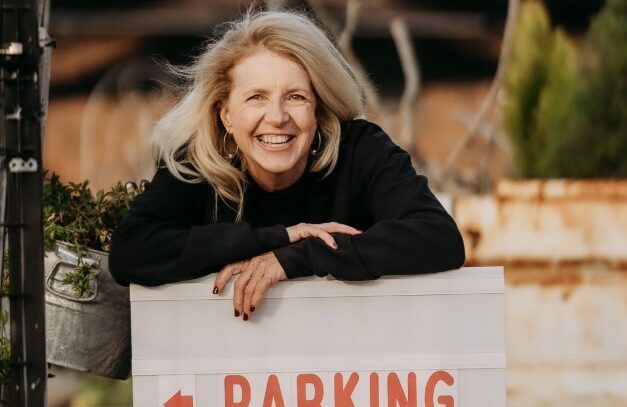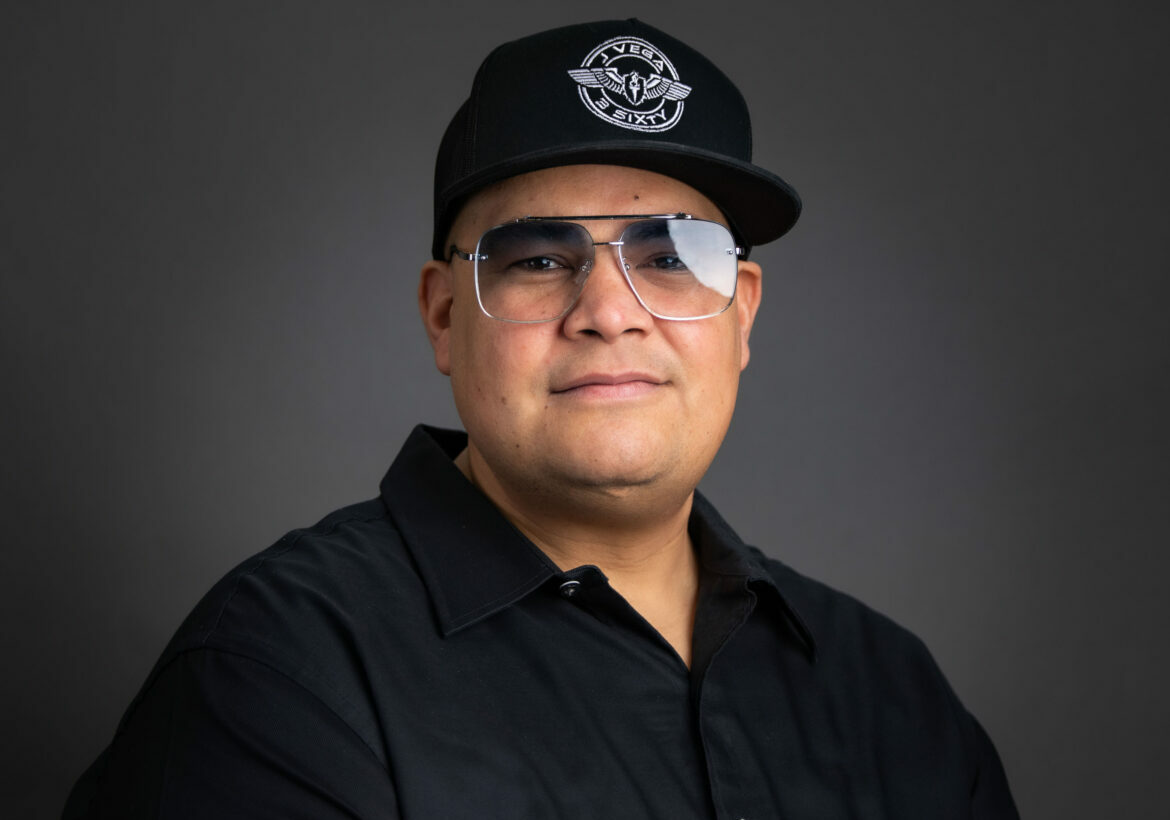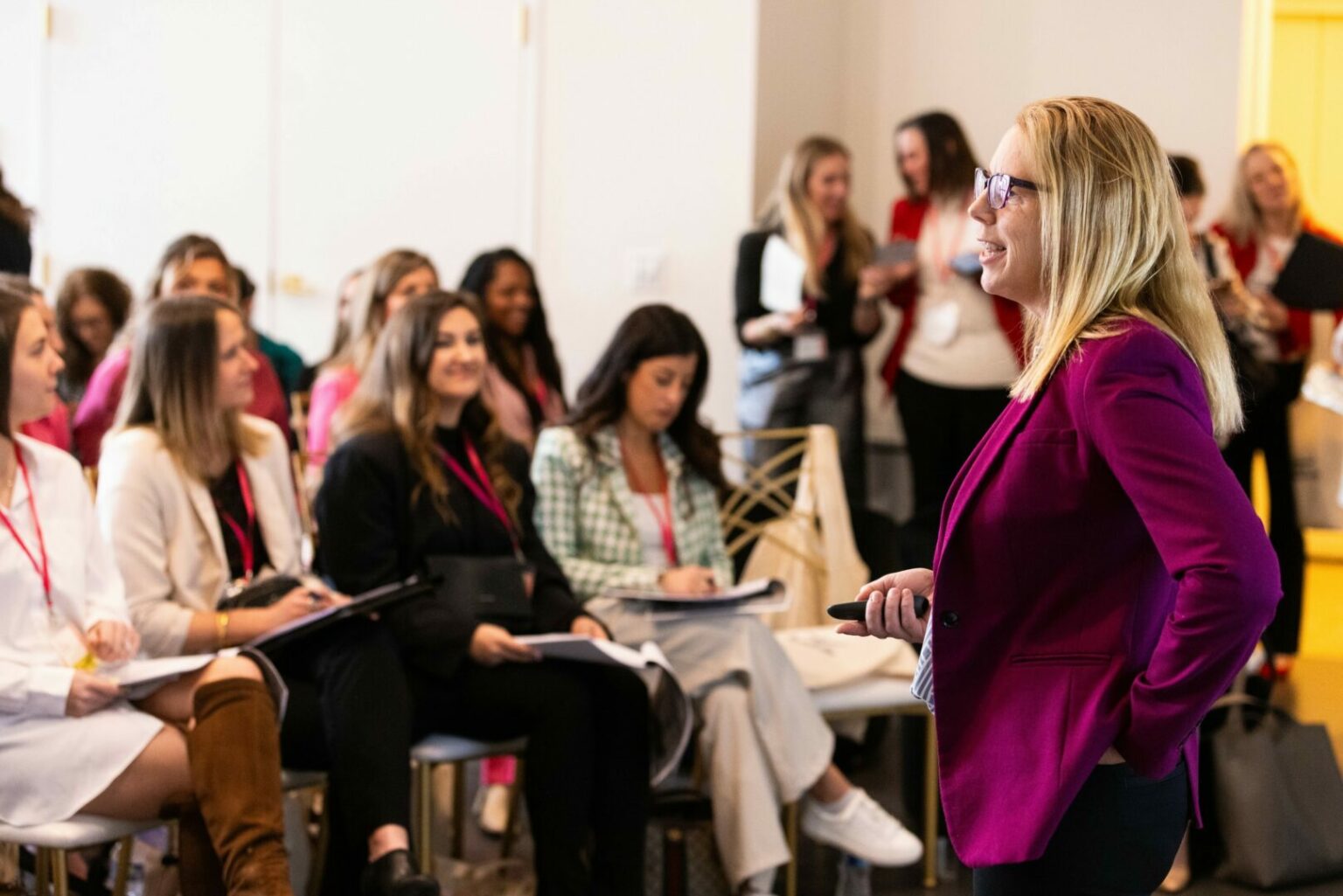We caught up with the brilliant and insightful Julian Santos a few weeks ago and have shared our conversation below.
Julian, thank you so much for joining us today. Let’s jump right into something we’re really interested in hearing about from you – being the only one in the room. So many of us find ourselves as the only woman in the room, the only immigrant or the only artist in the room, etc. Can you talk to us about how you have learned to be effective and successful in situations where you are the only one in the room like you?
Filipino-American filmmaker. This term has followed me around ever since I started making movies. It’s an apt term, no doubt: I am the American-born son of two Filipino immigrants who have struggled and persevered to make a life in the United States. But, as an artist, I’ve long reckoned with what it meant: how did this affect my art.
I knew how it felt to be Filipino-American, of course. It’s awkward, to say the least, to have a different point of view in film school that comes from your cultural identity. Film school kids are frankly mean and thoughtless: I’ve been accused of being too white and not white enough, specifically in how I view the history of film. Can a diverse POC filmmaker appreciate classics, such as Citizen Kane and Touch of Evil, made by white men? I do, lavishing in the spectacle of cinematic classics that have enthralled me since I was a child, but I have been told that’s not befitting of my identity. Yet, craft is craft, and I’m loathe to denounce movies simply because the creator’s racial identity doesn’t match with mine.
On the other end of the spectrum, if I am offended, even triggered, by the portrayal of Asians in a movie. How do I start that discourse? When non-Asian audiences don’t see the offense, it is difficult to navigate voicing my opinions when I am the only one who “sees” it. But, even scarier, when other Asians applaud portrayals that I perceive as problematic, it’s almost impossible to bring yourself to dampen their spirits.
How malleable do I make my identity? When do I code-switch and when do I stand my ground? These are questions I’ve been debating since my childhood in a predominantly Irish and Italian Catholic school, and questions that I’ll no doubt continue to mull over for years to come. Try as the institutions might to craft a safe environment within film discourse in an academic space, you will still get the ignorant student who will push your buttons and not respect your boundaries.
Yet, you endure. You persevere. You keep creating your art. The only way to buy your silence – the only way the nay-sayers win- is if you give up and stop adding your voice into the artistic conversation. Conversations will be difficult, but they are nonetheless worth having. Cinema and any artistic tradition was not built in a day and is the product of much debate, much failure, and much trial and error; if cinema is to continue to progress and help foster the conversations that we need in our world today, then we must keep making art.
So, in the last year, I’ve been taking a backseat from directing to re-calibrate and pivot. Don’t we all need recalibration after COVID, after all? I have in mind a new artistic goal: I must make content directly related to my Filipino identity. It’s not as easy as you think. There are less Filipino and Filipino-American performers in the States compared to white performers; after all, we are a minority. Yet, even if the casting takes longer, it is worth it to get the story out there. In keeping with that, I have been working on a script for awhile that I feel reflects my identity.
That future project, which I hope will be coming sooner rather than later must succeed. It cannot fail. If you don’t tell your story, then someone else will. As a Filipino-American artist, I not only have an artistic obligation but a moral duty to tell Filipino stories.
Thanks for sharing that. So, before we get any further into our conversation, can you tell our readers a bit about yourself and what you’re working on?
Life as an independent filmmaker feels like being a double agent.
During the day, I work in post-production for commercial content. This work is greatly fulfilling and educational. I thrive in high-pressure, rushed circumstances, and there’s nothing quite like working in ads with high-stake jobs and important clients. As an individual with a wife and long-term aspirations to start a family, I must have a day-job. There are people brave enough to weather the freelance lifestyle completely, but I prefer the security of a 9-5. A college friend of mine suggested post-production as a way to stay in touch with my passion while paying the bills. This choice has paid dividends, and I foresee myself continue to work in post-production, gathering lessons along the way that I can bring to my own projects.
Of course, this steady income also gives me the liberty to work on independent film.
When I clock off from my job, I typically continue to work: independently directing and producing.
In the near future, I am excited for two things. First, I am writing and directing a short related to my Filipino identity. It’s very different than anything I’ve done before, and I believe the sensitivity I’ll require for it will help me level up as a filmmaker and a human being. Inspired by MAARTE (an episodic documentary on Filipino artists, where I’m working on the post team), I too want to create art that emphasizes my culture and heritage.
More tangibly, I am very excited to be the Producer on NO TOMORROW, an upcoming Norwegian war film, that is coming to the U.S. Festival Circuit this year. Shot during pandemic, it is an amazing, timely story of four soldiers trying to survive an impossible situation. It captures the entire emotional spectrum of war. A very character driven story, we see the excellent cast run through the gamut of emotion to tell a really compelling tale, pertinent to our conflict-filled world today. It is by first-time writer and director, Martin Drop, who (impossibly) also stars in the piece, and I can’t wait for audiences to see it.
It’s a story that needs to be told today.
If you had to pick three qualities that are most important to develop, which three would you say matter most?
Perseverance. Collaboration. Knowledge of all those that came before you.
(1) Above all, persevere. It’s a marathon, not a race. What a cliche, I know! Nonetheless, it’s very true. You want to be able to keep going. Making art should be a lifelong endeavor, not just a passing curiosity in your 20s. So if you want to really be a filmmaker or any type of artist, expect failure sometimes. You’re in it for the long run. Sometimes, your biggest mistakes will give you the ingredients for your biggest successes. I’m not an optimist of nature, but I strongly believe still that failure is necessary and educational: good can always come out of failure.
(2) Collaborate with artists around you. No one exists in a vacuum, especially in the field of film so you need very talented collaborators. Be respectful of them because they will bring their own craft to enhance your project. That said, be aware that you may not align with some collaborators; this is totally expected. Let go of collaborators, who no longer serve their purpose.
(3) Your present art does not exist in a vacuum either: it’s subject to interpretation based on all the art that came before you. Every great director and artist studies what came before them, not necessarily to blithely or mindlessly imitate but to learn. We build on the achievements of the past. So, do your homework. See what works in older movies and see what you can bring to your art.
Okay, so before we go we always love to ask if you are looking for folks to partner or collaborate with?
Collaboration is a huge part of the artistic adventure. Filmmaking necessitates collaboration: no one is director, cinematographer, writer, actor, sound mixer, production designer, composer, colorist, and editor. Well, I’m sure people have tried doing it all, but I remain skeptical.
So, I’m New York based, but I’m always happy to here from folks. Just connect with me on Istagram at @the_technicolor_julian . I’m always looking for more like-minded, young artists with whom to collaborate or even just talk.
If you’re in a specific field of film, or even just interested in getting into film, I’ve never regretted a simple phone call or coffee meeting. Better to meet more people than less people. Art is a conversation, and I can’t have a conversation all on my own.
I already have a defined set of regular collaborators, but sometimes, different projects have different needs, so I’m open to meeting more editors, production designers, actors, and cinematographers.
Also! I produce and I color, so I’m always happy for people to reach out to get support on their own projects. I’m currently collaborating with a great visionary Filipino-filmmaker, Roxanne Lim, on her Maarte documentary. This has proved totally enlightening and a fun experience.
Contact Info:
- Website: juliancsantos.com
- Instagram: the_technicolor_julian
- Youtube: https://youtu.be/V-SESHC8ujM?si=dppeQtw1TT1jcCGB
- Other: no_tomorrow_film – IG of a film I’m producing maartedoc – IG of a documentary I’m coloring







Image Credits
Stills from Inkblack (Director: Julian C. Santos; DP: Maxwell Geoffrey) Stills from No Tomorrow (Director/Writer: Martin Drop; Producer: Julian C. Santos; DP: Wum Panik)




